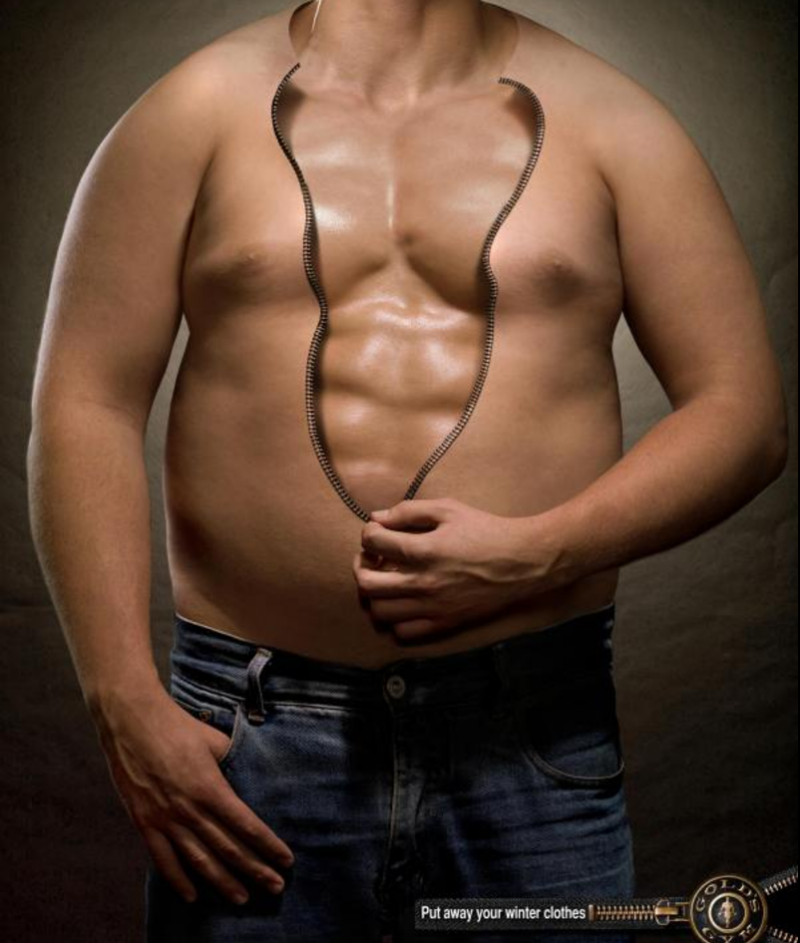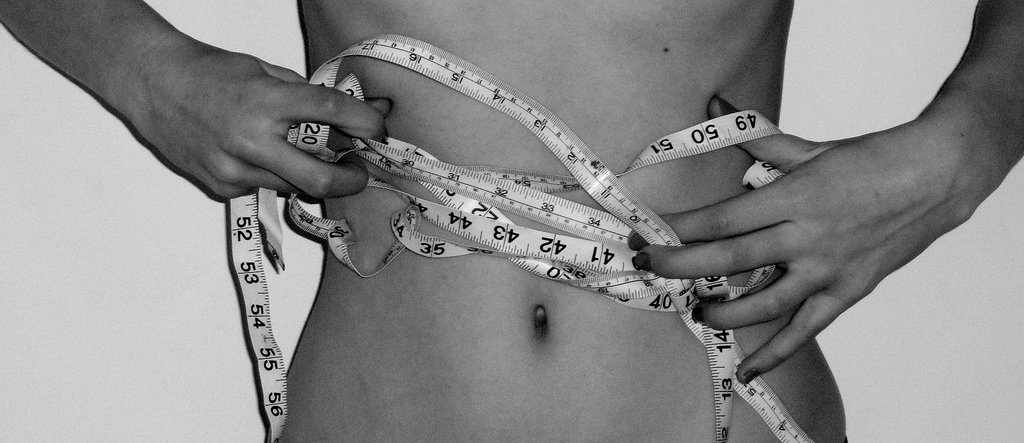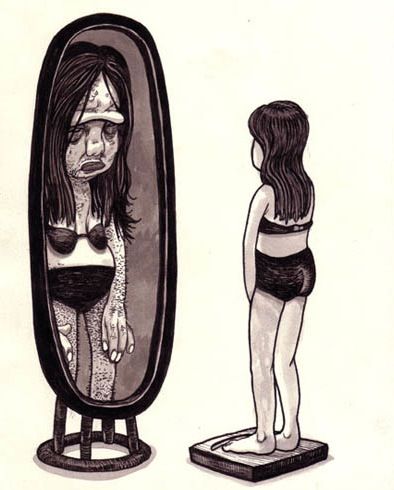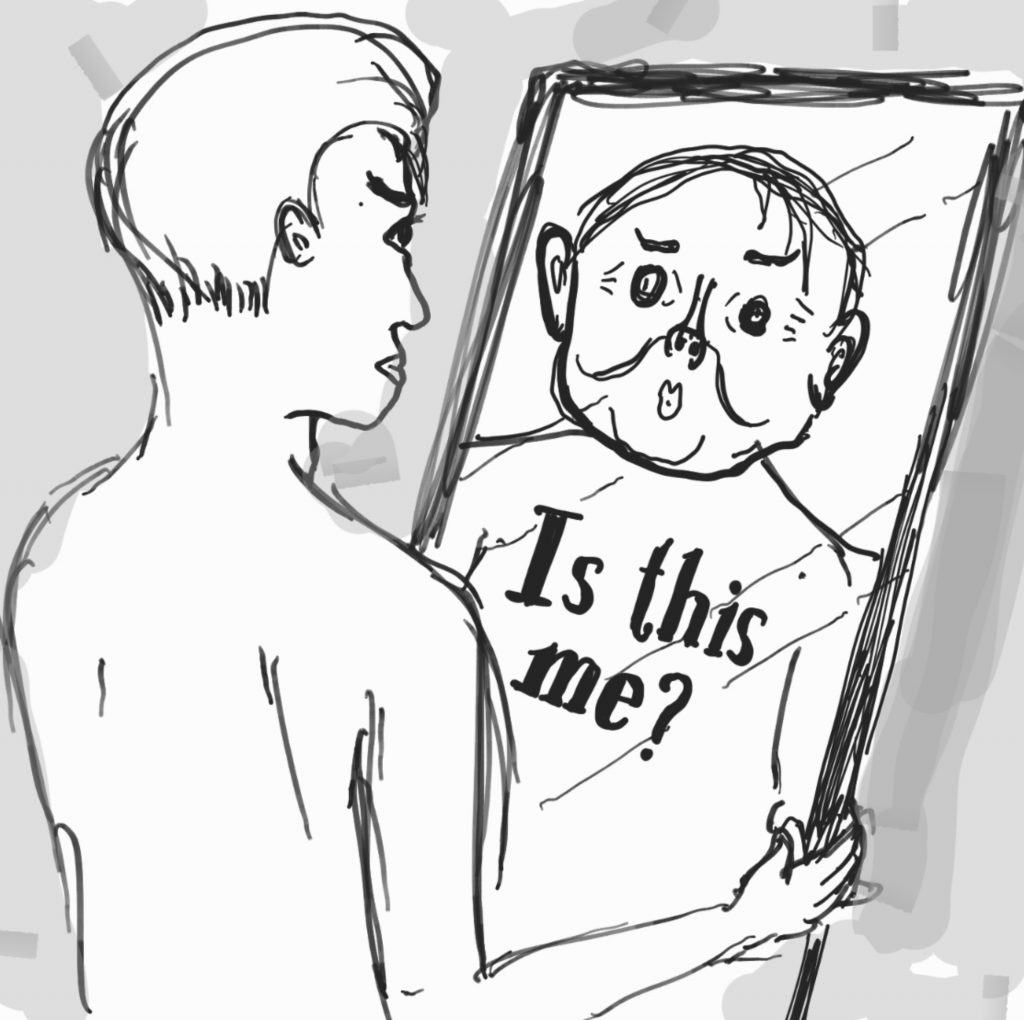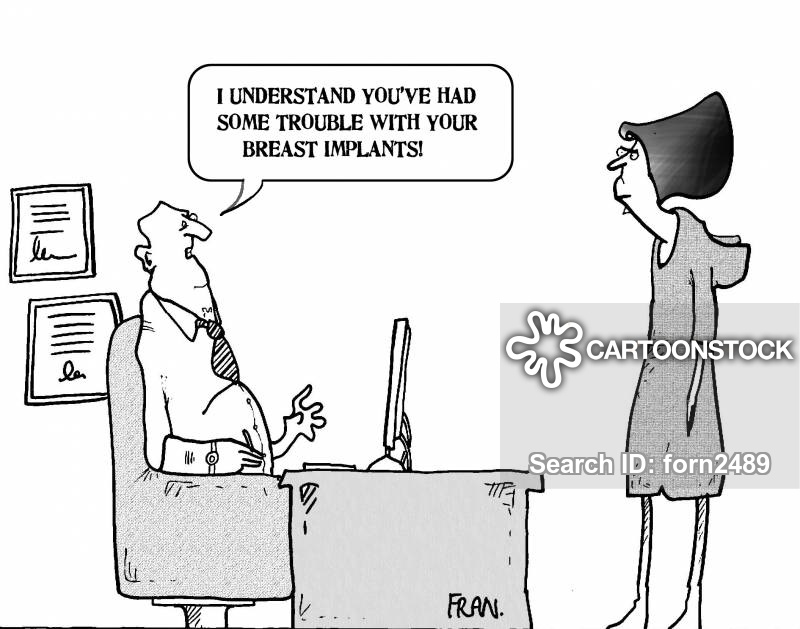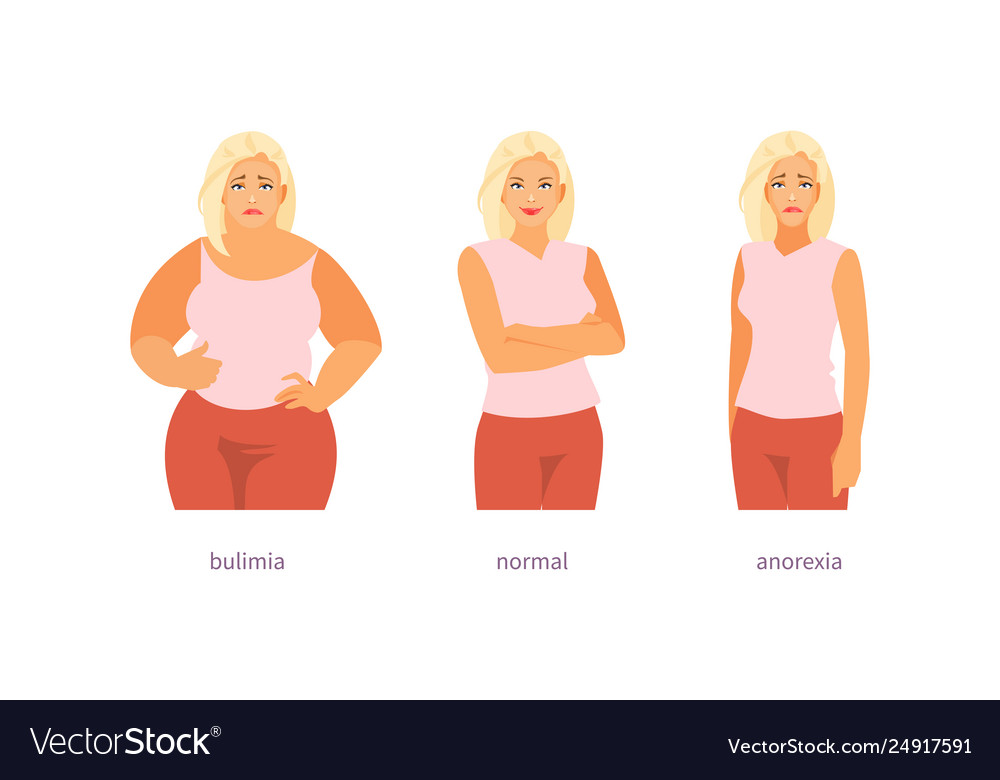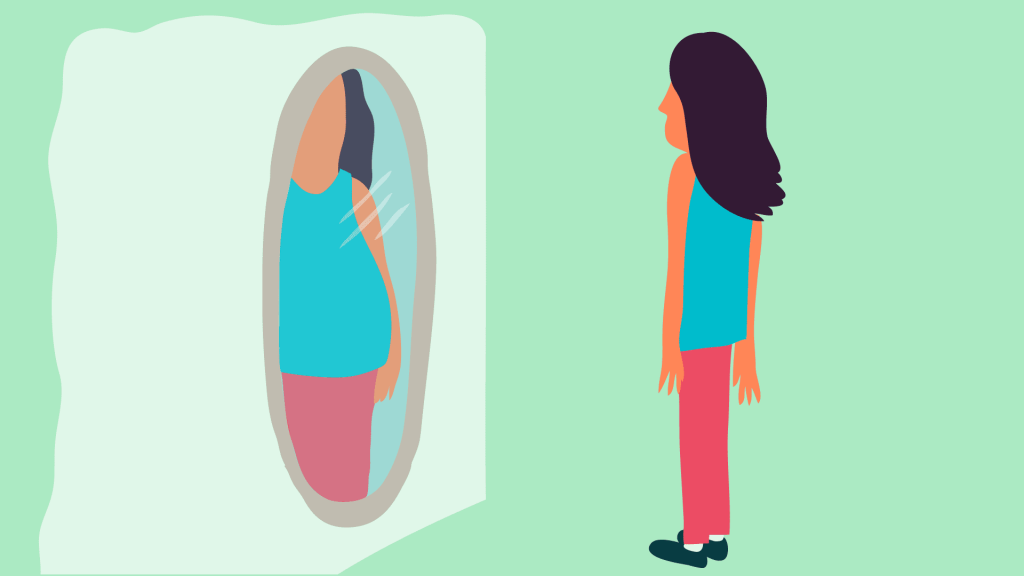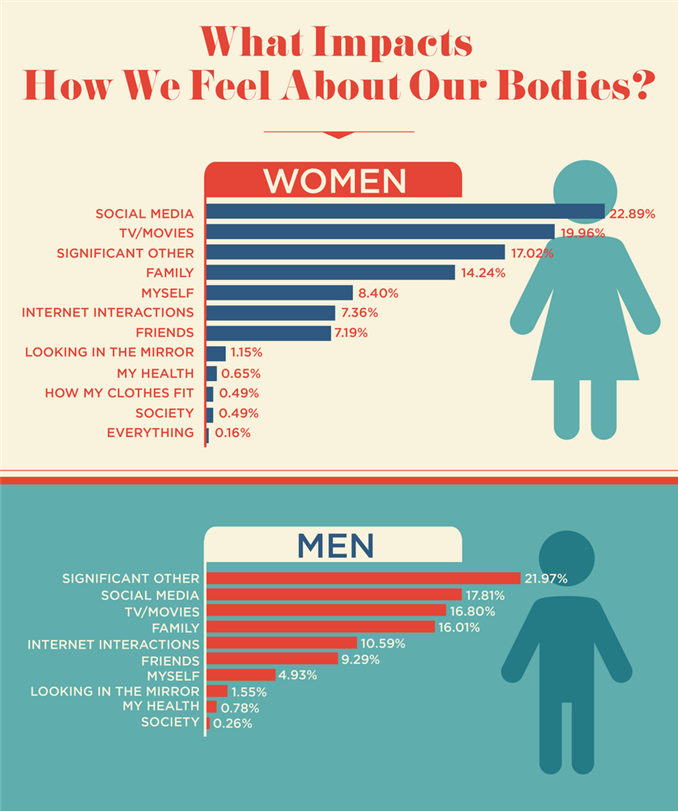It seems that advertisements are all around us and for people living in large cities, it is impossible to avoid billboards, especially on the way to work, where ads are on every corner. Also, households which are equipped with TV, tablet and other electronic devices are very likely to be influenced by what they see on their screens. In fact, our daily exposure to advertisements depends on many elements which depend on the country we are from, the city where we live in, the place where we work or how the person travels to job and how the individual likes to spend leisure time.
Since young age, excessive TV exposure and spending time on the Internet leads to juvenile premature sexualization, decrease of self-confidence, hopelessness, exaggerated expectations, material perception of the world and overall mental health damage. Children and teenagers are most easily affected and can be easily persuaded when it comes to advertisements. That leads to 2 main problems which are related to Body Image and Advertising, and the impact on consumer.
As mentioned in previous posts, one of the most dangerous problems is Eating Disorder, which develops from ideal body obsession, making mainly women start a strict diet in order to look thin. The most common might be Mental anorexia, where the individual drastically reduces food intake and goes through extreme weight loss. Samely with bulimia, individual heavily overeats and vomits.
The second problem is materialism caused by advertising agencies which make use of the „peer pressure mechanism ”– an effect whereby the individuals most likely to be easily labeled by their friends and society as an outsider if the individual does not possess what others do. It seems that there is a growing trend which emphasizes to children and adolescents that they are what they own.
Billboards are great example, where the photos look suggestive, showing us the world we want it to be. They make us think that if we buy the exhibited product, we will be as beautiful and happy as the attractive character or the characters in the photo.
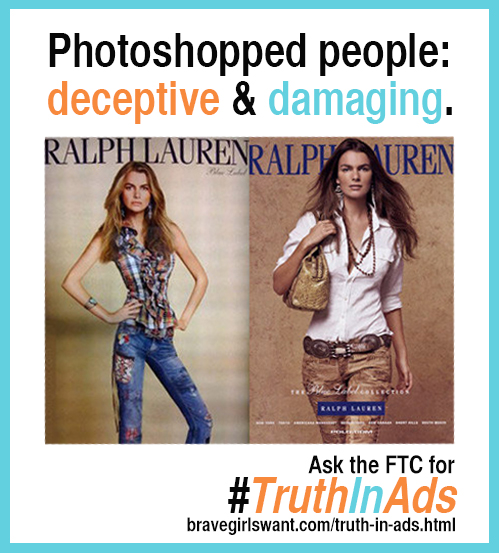
TV advertisements are another example of advertising. It seeks to convince consumers of the need to purchase the promoted product. Someone suggests to someone that if he or she does not buy it, he or she is not good enough than his or her neighbor who buys the product. Advertising not only imposes on us what to buy, but also dictates to us what to do, how to live in order to be perfect.
To be perfect is a dream of any woman and girl. Therefore, they are being easily influenced by magazine ads. Looking at the photos of beautiful models, women and especially young girls do not realize that photos can be retouched and what is presented to them is an illusion and not a reality. They want to resemble to beautiful models in advertisements for high-end cosmetics or luxury clothing. They spend money on goods they would otherwise want, like models to buy not only by buying certain goods they use, but also by appearance. They are holding various nonsensical drastic diets, undergo plastic surgeries, damaging their health and some ending in a trap called anorexia.
To summarize, everyone has an own idea of a perfect body image. Unfortunatelly, it is set by commercials where models have perfect lips or nose, and this picture keeps repeating on screens until it becomes a standard and everyone strives for it. However, we do not see that most of it is edited and retouched. Therefore, we should always know that what we see is actually not real, and that we are beautiful just the way we are.
References:
Minh.
